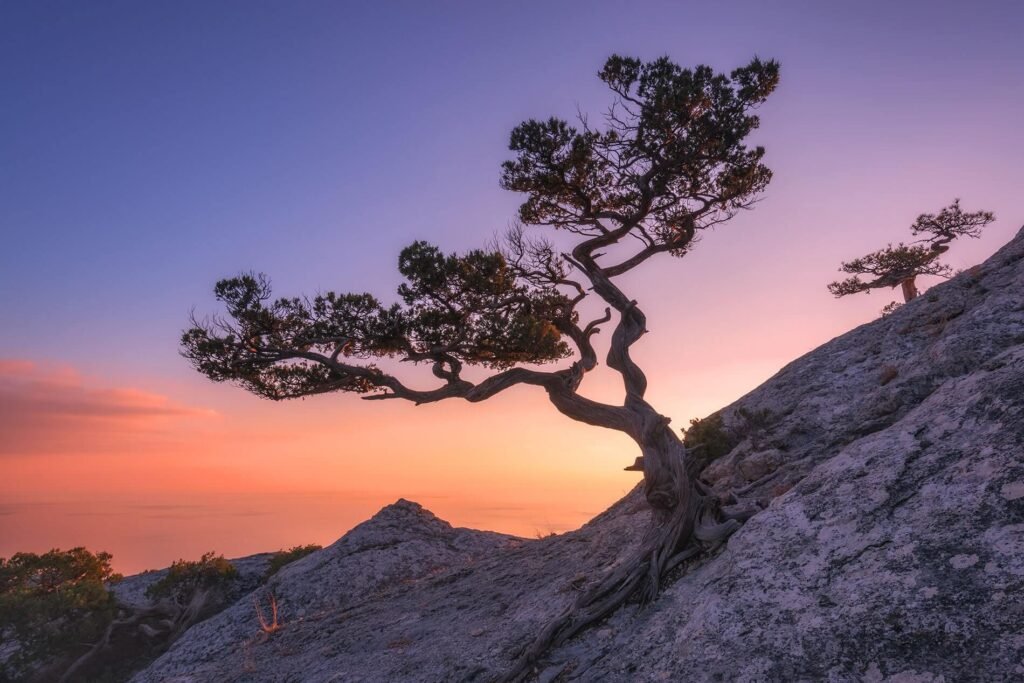Are you living in North Carolina? You might stumble upon a distinctive tree boasting a cracked bark that, interestingly, mimics the skin of an alligator. This isn’t any ordinary juniper; it’s the alligator juniper! The alligator juniper is an impressive addition to any landscape, sporting a vast, pyramid-shaped crown and leaves that shimmer in shades of deep green to blue-green. Standing tall, it can reach up to 50 feet. Do you have this tree around? Or are you considering planting one? Dive into the fascinating world of alligator juniper trees with us!
Spotting An Alligator Juniper
The alligator juniper stands out in North Carolina landscapes, primarily due to its unique bark that closely resembles alligator skin. Here’s how you can identify it:
- Shape and Size: Boasting a broad, rounded crown, it’s one of the towering junipers.
- Distinctive Bark: Unlike other junipers, this tree has a bark that’s a dead ringer for alligator skin.
- Foliage and Fruit: The tree bears fragrant, dark blue-green foliage and enticing, copper-toned, berry-like fruit, which birds love. It’s also a habitat provider, offering nests and shelter to various birds and mammals.
Diving Deeper: The Leaves of Alligator Juniper
The leaves of the alligator juniper aren’t just any leaves. They are evergreen, prickly, and exhibit a shade of blue-green. Typically, these leaves cluster in three groups, contributing to a thick, expansive canopy of lush green foliage.
Fast Facts About Alligator Juniper
When it comes to this unique tree, there’s much to learn:
- Lifespan: A slow-grower, the alligator juniper boasts a commendable lifespan ranging from 500 to 800 years. As per the U.S. Department of Agriculture, this tree grows about 0.6 inches every decade up to 170 years, post which the growth dips to about 0.4 inches.
- Woodwork: The wood, marked by its signature alligator skin pattern coupled with a delightful color and scent, is a woodworker’s dream. Ideal for crafting items like chests or bookends, its cedar-like aroma also makes it a popular firewood choice.
Caring for Your Alligator Juniper
If you’re lucky to have this tree or are thinking of planting one, here are some care tips:
- Location: Typically found on rocky slopes bathing in full sunlight.
- Growing Zones: Best suited for USDA zones 7 to 9.
- Blooming Facts: It’s a non-flowering species, with female trees bearing ½-inch whitish-blue berries that encase two to six seeds.
- Dimensions: It can soar up to 50 feet, with a width reaching 35 feet.
- Sun and Water: Prefers full sun and doesn’t demand much water, making it apt for xeriscape landscapes. However, it’s heat-sensitive, so be cautious during those hot days.
Searching for a tree service near me that does a free estimate? Look only as far as Earthworks Tree Services for all your tree-related needs in North Carolina. Whether it’s identifying a tree or caring for it, we’ve got you covered!

